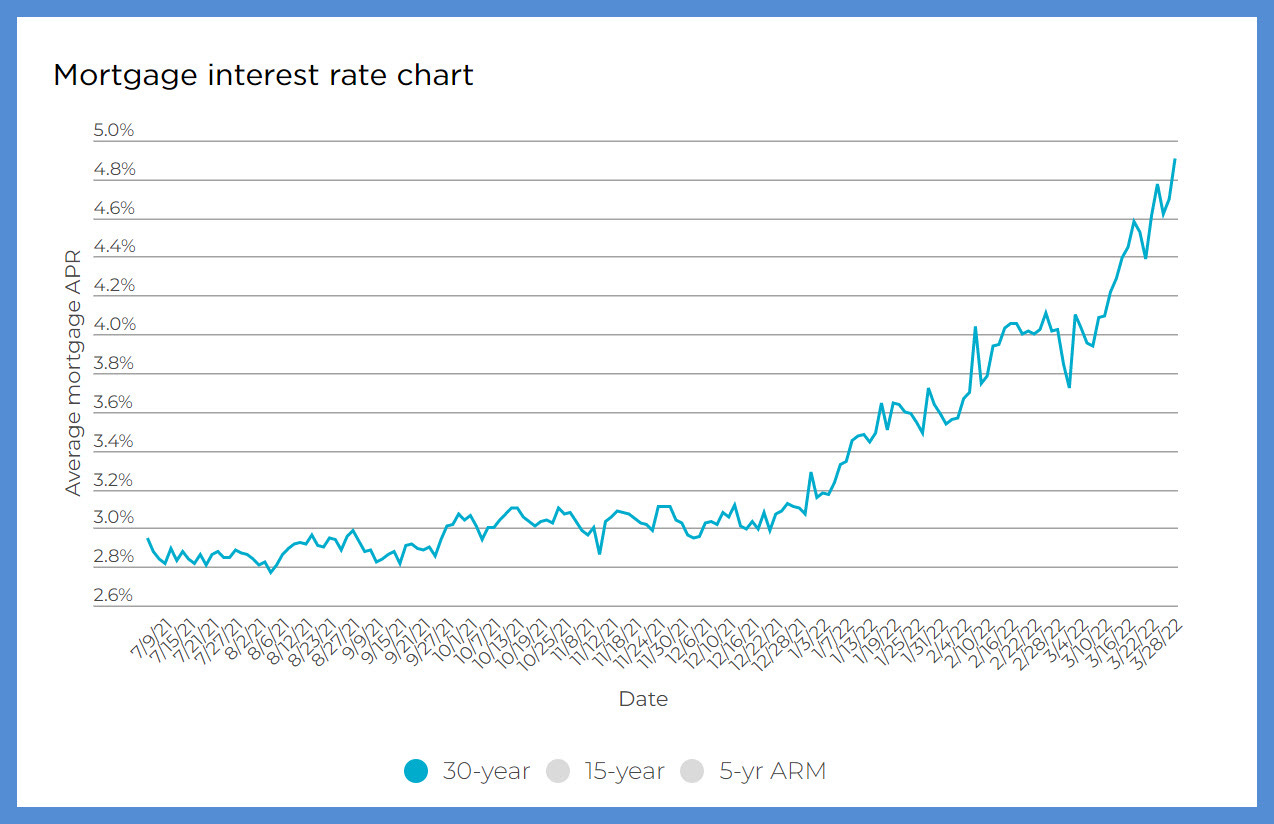"What in the wide, wide world o' sports is a-goin' on here?"
- "Taggart" (Blazing Saddles)
(A lot of people are asking questions like that nowadays!)
My quick take on a couple of points:
B-Dud hits a few key points and gets a lot of things right in the Bloomberg piece, but makes no mention of the fiscal side and how a massive "pivot" is likely to make a whole lot of things look quite different within 6-12 months.
First, note that even center-left economists (like Summers) were saying a year ago that the $1.9 trillion "American Rescue Plan" was way over-the-top and profoundly irresponsible. In fact, taken together with everything else, policymakers were judged to have filled the estimated "output gap" three times over.
About a year ago, JPM put out an analyst's note saying that household bank balances, as a result of the multiple spending surges that dropped cash directly into household accounts, totaled about $2.5 trillion more than the prepandemic trend would have indicated.
That's more than 10% of GDP! Yet RGDP "headline" growth in calendar 2021 was approx. 5.7%. (Doesn't anyone think there's something just a little bit wrong with this picture?)
This year going into next will involve a big-time fiscal "pivot" from an unprecedented level of largesse to comparative budget austerity as the level of deficit spending will necessarily have to be wound down.
I know B-Dud was probably space-limited by Bloomberg editors and didn't have room to go into all this, but believe the fiscal pivot will create even more headwinds for the economy in 2023 than the proposed interest rate hikes.
Remember, too, the last time the Fed began a tightening cycle, in 2018-2019. It didn't go all that well, as it became clear by midyear 2019 that growth was markedly slowing after a series of 25-bippers over a multi-year period took the effective funds rate to about 2.4% at the peak. Then the Fed came under pressure to reverse course and lower rates, and then had to suddenly infuse a few truckloads of cash during the REPO freakout of September 2019.
https://en.wikipedia.org/wiki/Septem...S._repo_market
(As far as I know, whoever wrote the Wikipedia entry above had a pretty good take on the series of events.)
If the cycle couldn't ride all that well in the second half of 2019 after taking the "training wheels" off, who in the hell actually thinks it's likely to do so over the next 12-18 months?
For it should be plain for everyone to see that almost every elemental piece that makes up the macroeconomy is in much,
much worse shape than it was three years ago.
.





